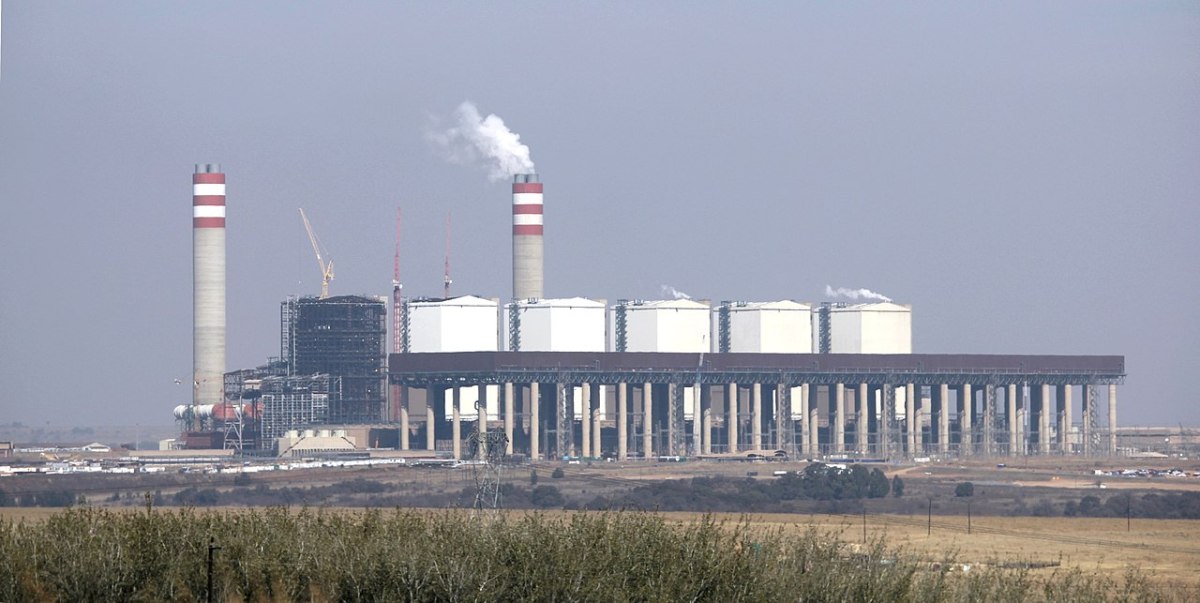Global Courant 2023-05-30 10:15:06
South Africa has been struggling to keep the lights on for more than a decade. The country’s aging coal-fired power stations have fallen into disrepair. Resources earmarked for infrastructure repair have been wasted.
The national electricity company Eskom is rife with corruption and mismanagement following the tenure of former president Jacob Zuma. The result has been continuous blackouts, known locally as load shedding, that have paralyzed the economy.
Eskom officials recently warned of even more blackouts before winter arrives in June. Increasing blackouts can leave South Africans without power for up to 16 hours in a 32-hour cycle.
This is a sad story of isolated government mismanagement. But it also has international dimensions that climate and governance policy makers around the world need to monitor closely.
According to many analysts and politicians in South Africa, the power crisis is a self-inflicted wound. Under Zuma, Eskom was turned into a virtual piggy bank for corrupt officials who would drain the utility’s coffers of taxpayers’ money earmarked for essential repairs. In recent years, power plants have become the place of diesel theft as Eskom has been using diesel generators as back-up to its aging coal plants.
The result is historic blackouts. Eskom Interim Chief Executive Officer Calib Cassim said the electricity company had about 47,500 megawatts of installed capacity, but was only able to use 26,500 MW due to plant failures. So Eskom has to resort to different levels of power cuts, known as phases, to make up for the shortfall.
The country is bracing for record “Stage 8” power outages, with dire consequences for businesses and people’s daily lives.
“It will become quite difficult for companies to survive as we move beyond Phase 6. We are already seeing the fallout from Phase 6 being quite significant – prolonged periods in Phase 8 will be devastating,” Happy Khambule, Business Unity SA environmental, energy and climate manager, told Business day.
The misery persists despite enviable energy reserves
Ironically, South Africa has significant coal reserves. Aside from the horrific toll of burning coal, South Africa could have some form of energy independence if it could weed out its problems of corruption and mismanagement.
In addition to coal and other mineral deposits, South Africa has abundant wind and solar energy reservoirs. The amount of wind energy just off the coast of Cape Town is virtually unlimited given the strength and regularity of storms in the South Atlantic. The problem is building the infrastructure needed to harness the power.
Infrastructure problems can be solved with capital, but South Africa faces systemic legislative and political barriers to unlocking its renewable energy reserves.
The City of Cape Town’s ongoing battle with the national government is typical of the challenges faced by South Africa and other countries. National legislation in South Africa is outdated and designed to protect state-owned companies such as Eskom.
Until last year it was against the law for private producers generate more than 100 MW of electricity. The result was a virtually non-existent sustainable energy sector at scale. President Cyril Ramaphosa has since reversed these regressive laws, but renewable energy has struggled to take off in regards to large-scale projects.
That could soon change, as Cape Town recently announced a major solar and battery storage project to generate more than 60 MW and protect the city from at least one phase of shutdown. The city is also investigating ways to purchase electricity from small producers and households via solar energy. This model has worked in places like California, but has never been tested in South Africa due to legal blocks.
While Cape Town is securing renewable energy sources, the South African government is debating its use offshore energy ships of Turkey to ease the power crisis. Even this temporary measure to give the country much-needed power while considering a long-term solution is mired in mismanagement and chaos.
The energy crisis in South Africa is one of the clearest examples of the hostile role government can play in the transition to renewable energy. Simply put, the national government fears that it will lose its monopoly on energy production if it allows companies and individuals to fully embrace renewable energy.
This dynamic will no doubt repeat itself in countries around the world as renewable energy production costs continue to fall and more people can equip themselves with solar panels or wind power.
With the COP28 climate conference kicking off in Dubai in November, the details of South Africa’s energy crisis should be at the top of the agenda for all concerned and concerned about an equitable renewable energy future.
Not only should foreign governments and companies help South Africa in its quest for large-scale renewable energy (there are plenty of business opportunities, after all), but policymakers should also listen carefully to internal debates about the shift to renewables.
Even countries with sufficient natural resources face political hurdles and government mismanagement in delivering power to corporations and individuals. Without power, delicate social relationships in many societies around the world are at risk.
This article is provided by Syndication Bureauon which the copyright is based.
Follow Joseph Dana on Twitter @ibnezra.
Similar:
Loading…








